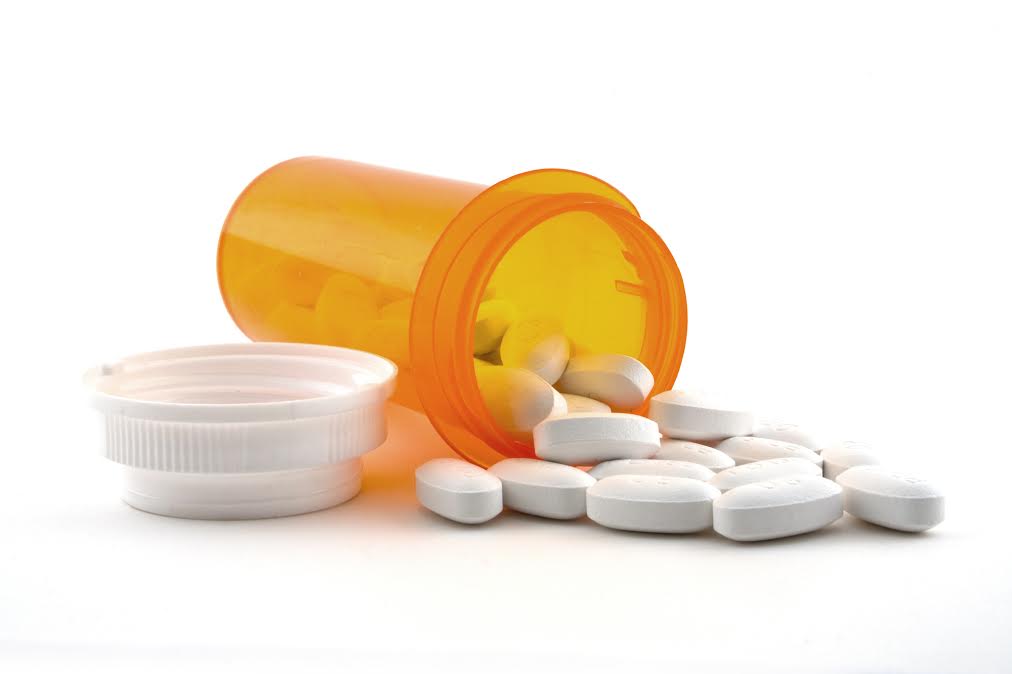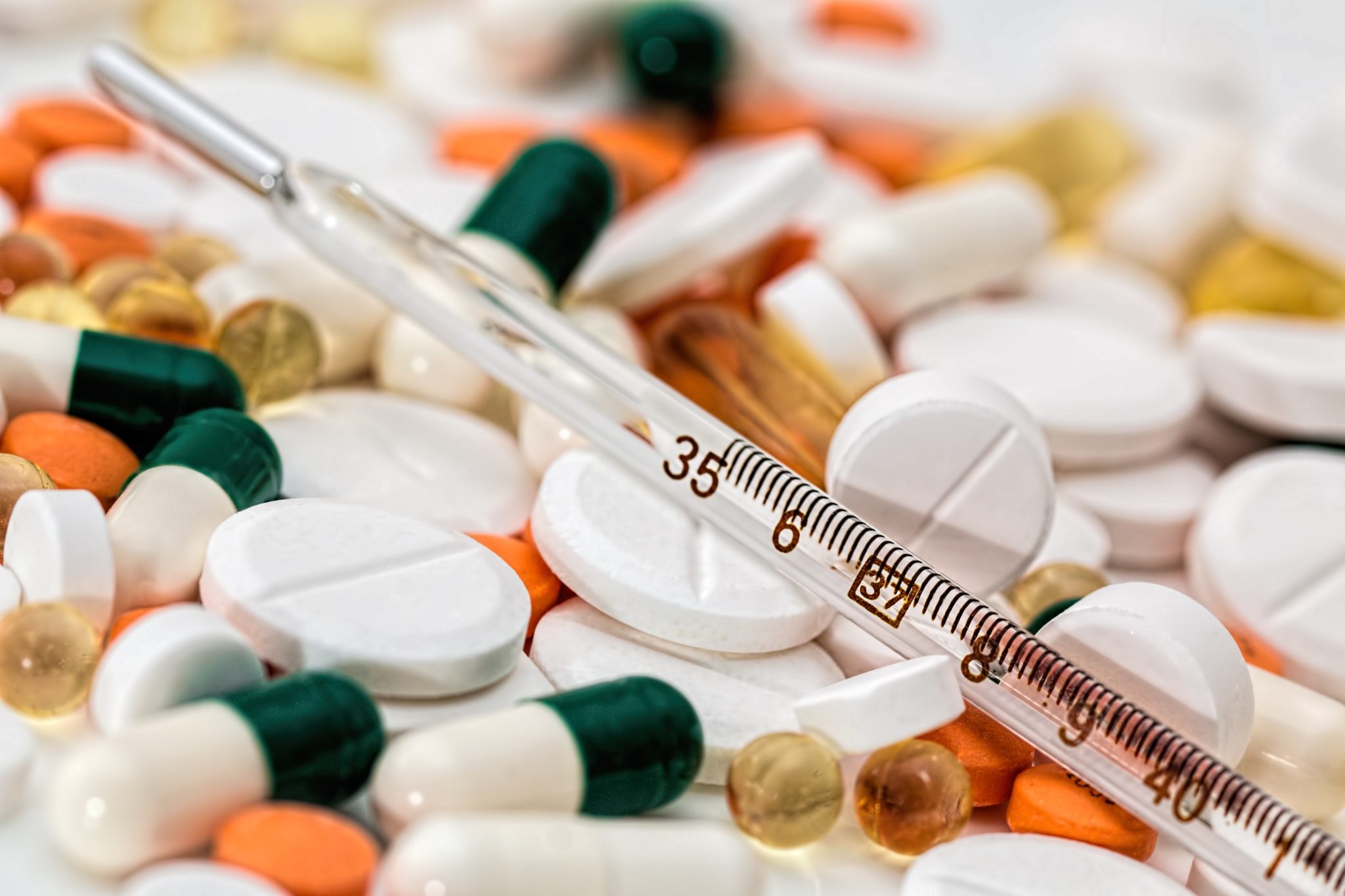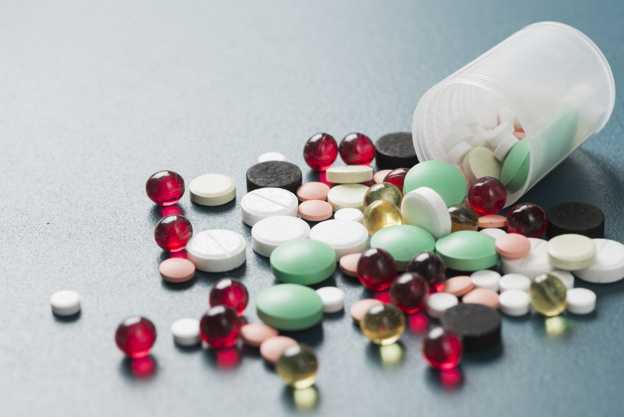Per capita spending on prescription drugs is higher in America than anywhere else. This is primarily due to the increase in brand-name prescription drug costs.
For anyone dealing with ongoing health issues on a strict budget, this is a big concern. Many people in this situation end up going without much-needed drugs.
Unfortunately, even with health insurance, many drugs can still be rather expensive. It’s becoming more and more necessary for people to seek out ways to reduce costs while still staying healthy.
This may seem impossible, but there are ways. In fact, there are more ways than you may realize.
If you need to cut your prescription drug costs, keep reading. We’re going over ten options that will help you save.
1. Take Advantage of Samples :
Before you start a new medication, make sure you ask about samples. This way you don’t pay for anything upfront while you test out the drug to make sure it’s right for you.
Doctors usually have plenty of sample packets of drugs, especially new ones. Pharmaceutical reps provide them when visiting offices. Drug manufacturers also offer 30-day samples for some drugs.
Instead of paying for an entire month’s supply, ask your doctor about samples. This is perfect if you have a short-term illness, or aren’t sure the drug will work.
2. Always Ask for Generic :
Prescription drug costs are always higher for brand-name options. However, many drugs have generic alternatives that aren’t as expensive.
The same manufacturing standards are applied to these generic versions, but they don’t carry the same advertising and research costs. Essentially, you’re getting the same drug for much less.
Make sure you ask your doctor about generic alternatives to all drugs you’re on. If you’re skeptical about them, ask about their effectiveness and if they’ll have the same effects as the name brands.
3. Get 90-Day Supplies :
You can often save on prescription drug costs by opting for 90-day supplies instead of the standard 30-day.
Many times, local pharmacies will offer discounted rates if you go with 90-day. Your insurance may also offer reduced prices and even provide free delivery.
If you’re trying a drug for the first time, it’s a good idea to stick with a 30-day supply first to make sure the drug works for you. If it does, look into 90-day refills going forward.
4. Always Compare Prices :
You may not realize this, but drug prices fluctuate between pharmacies. Instead of using the pharmacy closest to you, call around to different ones in your area and ask what they charge for the drug you need.
This is especially helpful if you don’t have insurance, as name brand drugs may have significant price differences from one pharmacy to the next.
Once you find the pharmacy with the best deal, make them your go-to source. That way they have your information on file. Remember to always check pharmacies in grocery and retail stores.
5. Shop Online :
When it comes to reducing your prescription drug costs, you have to consider shopping online.
Web-based pharmacies have gained popularity over recent years, and for good reason. They carry most major drugs at low rates.
For example, pharmacies have a user-friendly database of available drugs with price comparison and medication information.
You should also look into mail-order pharmacies. Some insurance companies offer discounts for using them.
6. Split up Your Doses :
A great technique for cutting down prescription drug costs is splitting your pills in half. It may be possible to get a higher dose of a drug from your doctor and then cut the tablets in half so you’re still taking the proper amount.
If the price for the higher dose is the same, you’ll be cutting your cost in half. You also won’t have to bother with refilling your prescription every month.
It’s crucial that you talk to your doctor about doing this first, as this isn’t safe with some drugs.
7. Patient Assistance Programs :
Some drug manufacturers offer aid for individuals on a budget. These assistance programs provide discounts for certain drugs.
When you’re searching online for these, make sure you enter the name of the drug you’re on in your search query.
Some of these programs come with conditions, such as only being available for a few months’ worths of the prescription. But when you’re trying to say money, every little bit helps.
People on Medicare usually aren’t eligible, so make sure you look into the details.
8. Seek Alternatives :
There’s a good chance a completely different drug is just as effective at treating an illness as the one you’re on. And, it may be much cheaper.
Many times, doctors aren’t aware of the cost of certain drugs. That’s why it benefits you to ask if something else could provide the same treatment.
You may find that an alternative is much cheaper.
9. Discount Cards :
Look into whether you’re eligible for prescription drug discount cards.
Some insurance providers will offer them, even auto insurance. Other organizations like AARP sometimes provide discount cards to members.
Search online for pharmacy discount cards. You should always ask your pharmacist if they have any coupons available.
Another place to check is the drug manufacturer’s website. Sometimes you can request to have coupons mailed to you for certain medications.
10. Don’t Rule out Over-the-Counter Drugs :
It’s important to stay on top of the treatment options for your illness. There may be an over-the-counter option that can effectively treat your symptoms. In fact, some prescriptions medications were once over-the-counter.
If you’re on multiple prescriptions, ask your doctor about the possibility of supplementing one of your medications with an over-the-counter drug. This could drastically bring down the cost.
You also shouldn’t rule out holistic treatment options.
Don’t Get Buried Under Prescription Drug Costs :
The cost of visiting your doctor is high enough as it is. Even if you have health insurance, co-pays can add up. Add the high cost of prescriptions and your medical bills start becoming intimidating.
Take some of the stress off by using the tips discussed above. You may be able to save some cash without giving up a healthy life.
For more articles on living a healthy lifestyle, check out our blog.
Read Also :






















